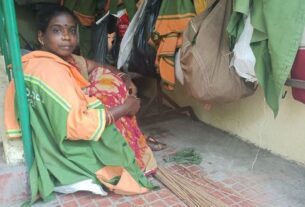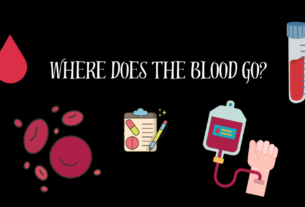The demographic of cosmetic surgeries is inclining towards a younger age group with increasing social media influence.
Surbhi Shah
From Barbie dolls to social media influencers, role models have changed but the idea of having a perfect body fit for public view has not changed for youngsters. Going under the knife has become a trend because of social media influence.
Deena Pinto, Bengaluru based lifestyle blogger said, “Yeah, social media is the largest contributor to peer pressure…it warrants one to look a certain way.” With hundreds of influencers from Bangalore alone and lakhs of followers of each influencer, the image of a ‘good looking’ or ‘beautiful and perfect’ body now relies on how these influencers look.
“For young women and men, the constant bombarding on social media to look good builds an inferiority complex that they indulge in, going ahead to do what it takes to look ‘socially acceptable and good’,” Deena added.
Cosmetic surgeries, even though are considered safe, have many side effects that can disfigure the body permanently. All India Institute of Medical Sciences (AIIMS) reported two cases of death due to complications during surgery last year.
“Surgeries are usually safe but there may be chances of post-surgery infections and instances of surgery going wrong which can create permanent damage,” said Dr Karishma K, a cosmetic surgeon.
Dr. Renu George, psychologist, said, “Good looks have always been a topic of interest in psychology on how we perceive ourselves. Now, with the rise of social media and the concept of putting yourself out there for others to see, the pressure to look good and model-like is gradually increasing in girls and boys equally.”
In a study reported by Forbes, it is seen that the suicide rate in girls is higher than that in boys and one of the main factors is social media as it is more strongly associated with depression in girls compared to boys.
Dr Karishma added that she attends 20 to 25 cases annually out of which the number of teens and youngsters opting for surgeries has increased from five to ten in the last two years.
Teenagers are found to be more confident in using plastic surgeries to look as they want to. “I think it is a personal choice. As long as it does not affect their physical or mental health, it’s their choice. Some do it because of pressure but some people are very confident and accept themselves and prefer to change certain parts of their body or face to look good which is honestly okay. As I said, health and well being is the criteria to decide if it is okay or not,” said Urmi Gala, a psychology student.
Urmi added, “At some point even we, my friends and I, thought about getting plastic surgeries to get sharper noses and full breasts. I know a couple of people who have undergone the surgery too. There are many cases of body shaming and bullying which adds the peer pressure to always look good.”
Before undergoing the surgery, the doctors make sure that the person is mentally stable to go through the transformation. In many cases, they suggest them to first consult a psychologist as a procedure if they suspect that it is a case of Body Dysmorphic Disorder (BDD).
Body Dysmorphic Disorder is a mental state where the person imagines faults and physical defects about his own body that others cannot see.
Association of Plastic Surgeons of India (APSI) mentioned that the scope of plastic surgery is very wide and there are many misconceptions to it too that pour out from television, movies, magazines, etc. There is an overwhelming mass of misinformation from uncertain sources, and limited facts that frustrate the potential patients and make them have unrealistic expectations from plastic surgery.




